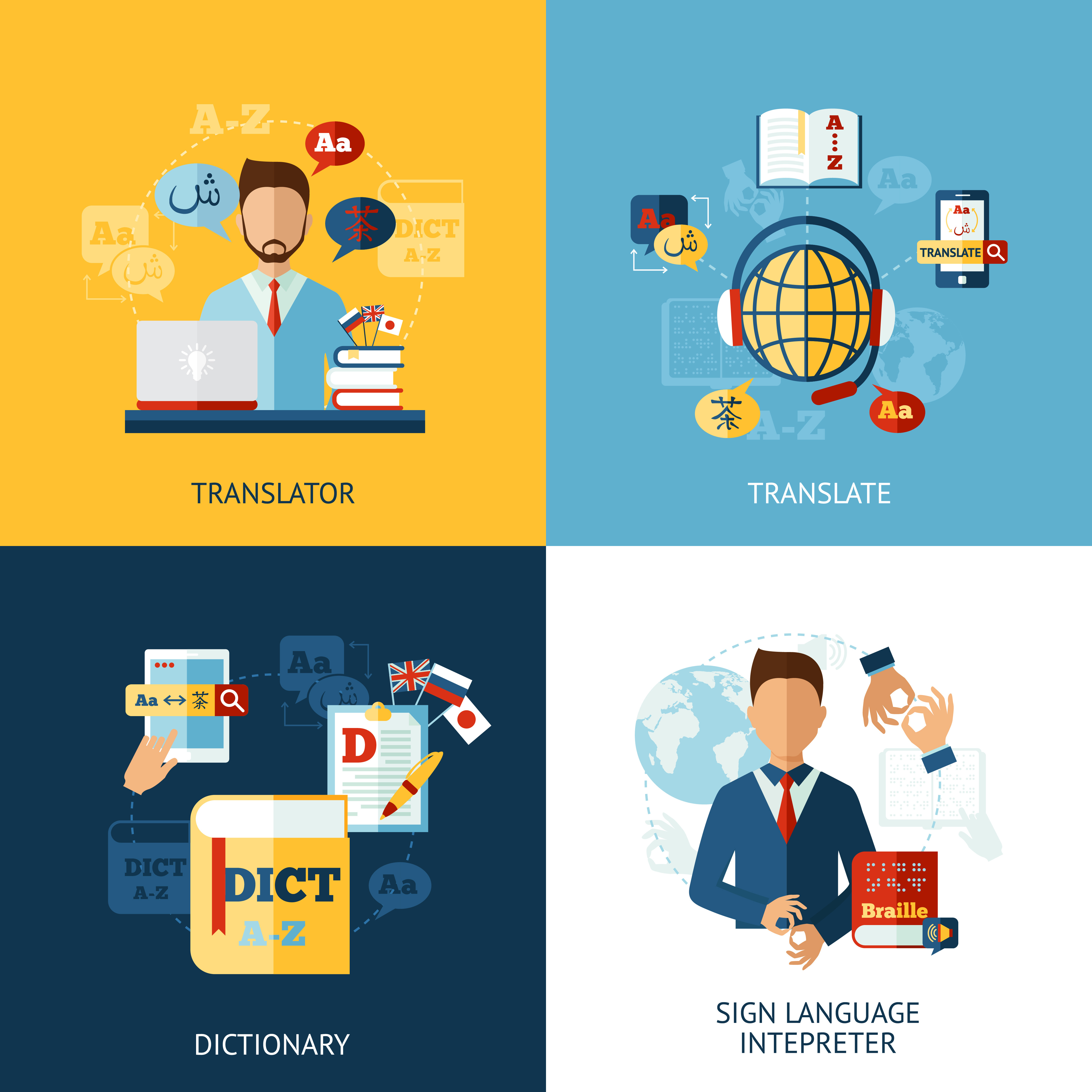
Designed by Freepik
Walk through any modern office, and you might hear a symphony of different professional dialects. The language we use at work is more than just vocabulary; it's a cultural fingerprint that reveals our age, values, and how we view our relationship with work.
The differences between generations—primarily Baby Boomers, Gen X, Millennials, and Gen Z—can create a "slang gap" that leads to both hilarious misunderstandings and genuine friction.
Formality & Protocol: The Boomer & Gen X Legacy
For many Baby Boomers (born ~1946-1964) and older Gen X (born ~1965-1980), workplace language is often formal and respects a clear hierarchy.
Communication is frequently scheduled and channel-specific: a formal meeting, a memo, or a phone call. Acronyms are often industry-specific (e.g., ASAP, EOD, TBD).
Their slang might be laced with sports metaphors (" touchdown," "ballpark figure," "slam dunk") or military-derived terms ("boots on the ground," "circle back"). The subtext is respect for the chain of command and a clear separation between professional and personal life.
The Collaborative Optimism of Millennials
Millennials (born ~1981-1996) entered the workforce during the rise of the internet and globalization. Their language reflects a more collaborative, less hierarchical ethos.
They popularized terms like "circle back," "synergy," "bandwidth" (for capacity), and "ping me." Their communication is often more informal, favoring quick IMs and emails over formal memos.
Millennial slang often focuses on optimism and personal growth ("crush it," "win-win," "growth mindset"). The subtext is a desire for flat structures, constant connection, and finding meaning in work.
The Pragmatic & Ironic shorthand of Gen Z
Gen Z (born ~1997-2012) is the first truly digital-native generation, and their work language reflects this. It's efficient, pragmatic, and often delivered via Slack or Teams.
It's heavily influenced by internet culture, memes, and a desire for authenticity. Their "slang" is less about corporate jargon and more about efficient, often ironic, communication:
- "Based" (authentic and cool)
- "Slay" (to do something exceptionally well)
- "I'm in my ____ era" (describing a current focus or phase)
- "This gives..." (as in "this gives anxiety")
- "Touch grass" (a reminder to get offline and get perspective)
For Gen Z, verbose corporate jargon can feel inauthentic. Their direct, often blunt communication style values speed and clarity over formality.
The subtext is a pragmatic view of work as a transaction; they seek efficiency and are quick to reject perceived inefficiency or hypocrisy.
Bridging the Gap
This linguistic divide isn't about right or wrong. It's a reflection of different eras and experiences.
A Boomer's "Let's take this offline" is a Gen Xer's "Let's circle back," a Millennial's "Let's hop on a quick Zoom," and a Gen Z's "DM me."
The key to harmony is conscious translation and mutual curiosity.
Older generations can learn from the efficiency and authenticity of younger colleagues, while younger employees can understand the respect and clarity embedded in more formal protocols.
Ultimately, a multilingual workplace—one that understands the subtle nuances of each generation's dialect—is a more inclusive, innovative, and effective one 👍